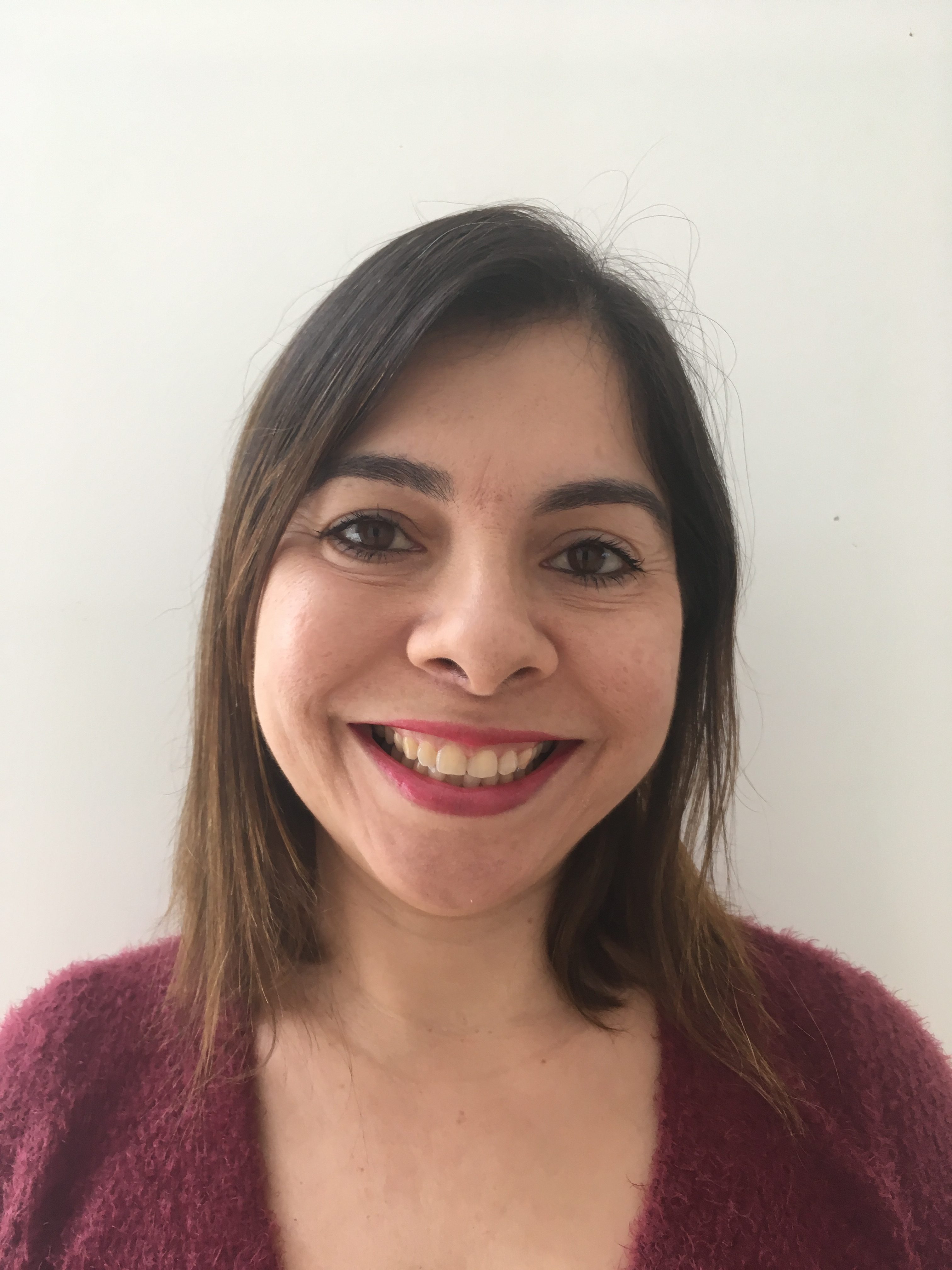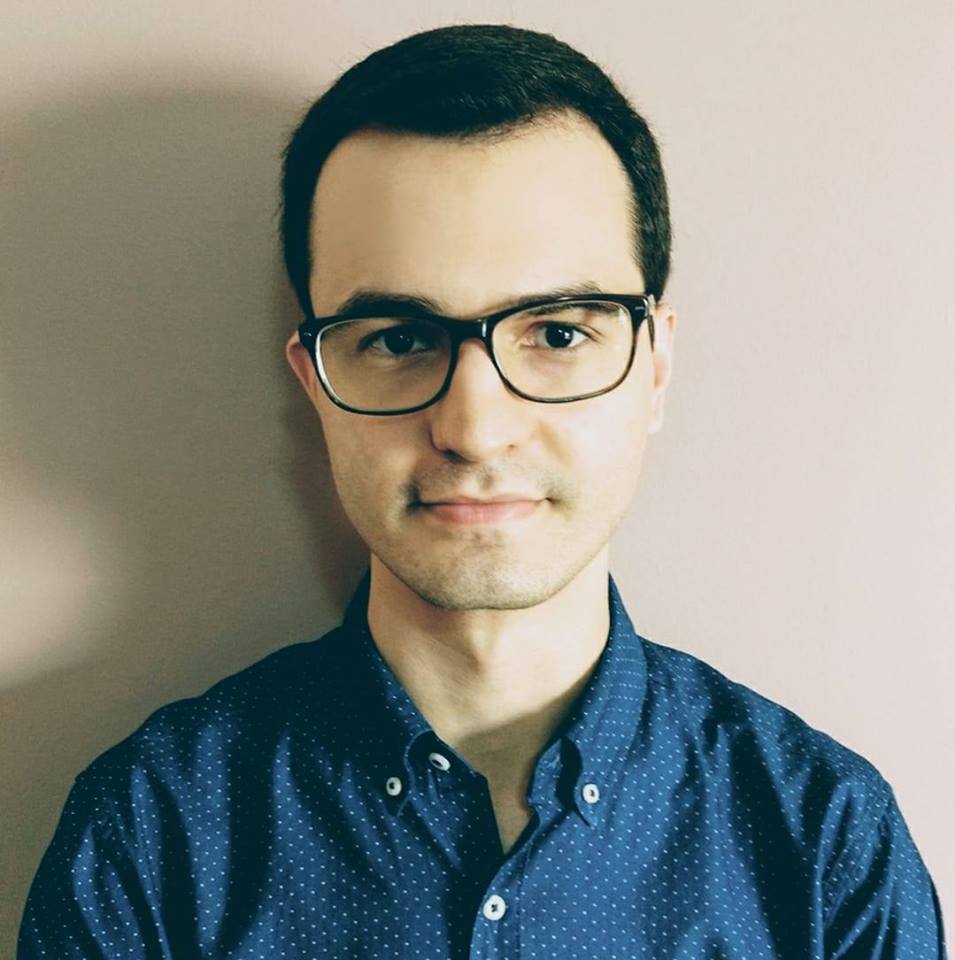On being subversive
It is said that a lie repeated a thousand times becomes the truth. Apparently, this concept was conceived by the Nazi master of propaganda Joseph Goebbels. Considering that Nazism was supported by so many, and for so long[1]- despite the horror of World War II – he was probably right.
In ELT, saying that something is a lie is probably a bit excessive, but we do have our mantras and things that are repeated over and over again until they become unquestionable. That is, unless a subversive mind begins to question them.
In the past two months, we have seen a couple of well-established ELT beliefs being questioned by respected professionals. I have listed three of them below:
- Lourdes Ortega claimed that learning English at an early age is not necessarily better, easier or more efficient (IATEFL, 2018);
- Anthony Bruton claimed that there is no reliable evidence that CLIL (Content and Language Integrated Learning) brings positive outcomes (IATEFL, 2018)
- Sarah Priestley challenged us by asking Do students really want fun in the ELT classroom? (InnovateELT 2018);
I believe this questioning of the beliefs above shows us three things. First, having an opinion is not enough. An opinion or intuition will probably trigger your curiosity, but is not enough for you to refute an idea, especially if it is a well-established one. So, you need reliable and valid data, which means that the role of research, be it complex or simple, is essential. Second, anybody who has done some kind of research will know that as soon as you show your results, they will be probed. This is part of the nature of research: to be interpreted and questioned. I see this as positive, as it keeps us curious and willing to learn more. Third, some concepts that come as givens, for instance, ‘children learn faster and better’ are not necessarily true, at least not in every context, yet there is a lot of marketing involved in propagating such ideas. We end up hearing them so often – and from so many different sources – that we simply believe them without question.
I suggest we should not be afraid of going against the flow. Maybe we have become too used to saying and hearing things we know everybody wants to hear, but simply agreeing without questioning will not make us move forward. Subversive minds, in the sense that it is possible and enlightening to disagree, are important in any professional field.
To sum it up, 
[1]I suggest watching the Netflix documentary ‘Hitler’s Circle of Evil’ to better understand the role of propaganda in Nazism.





